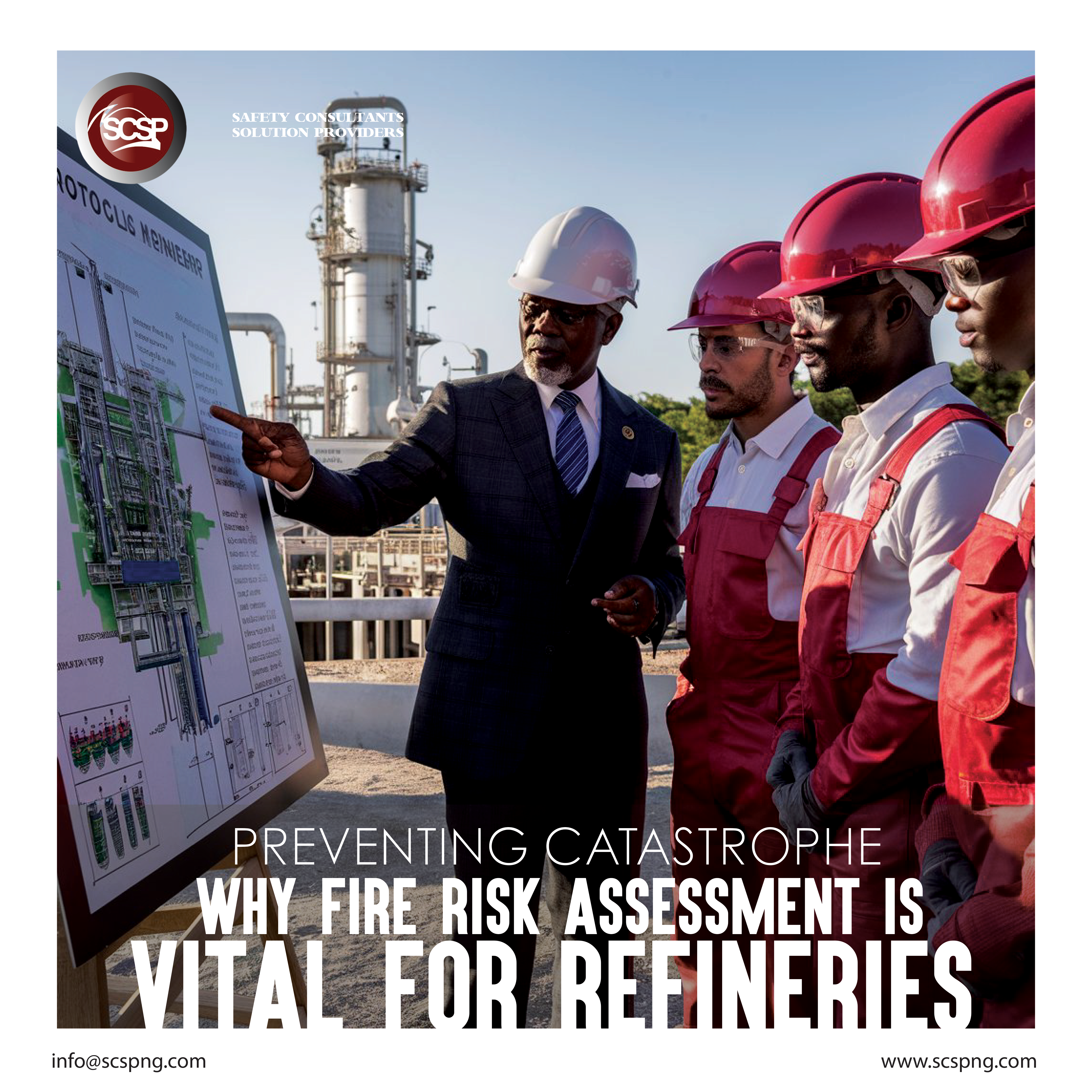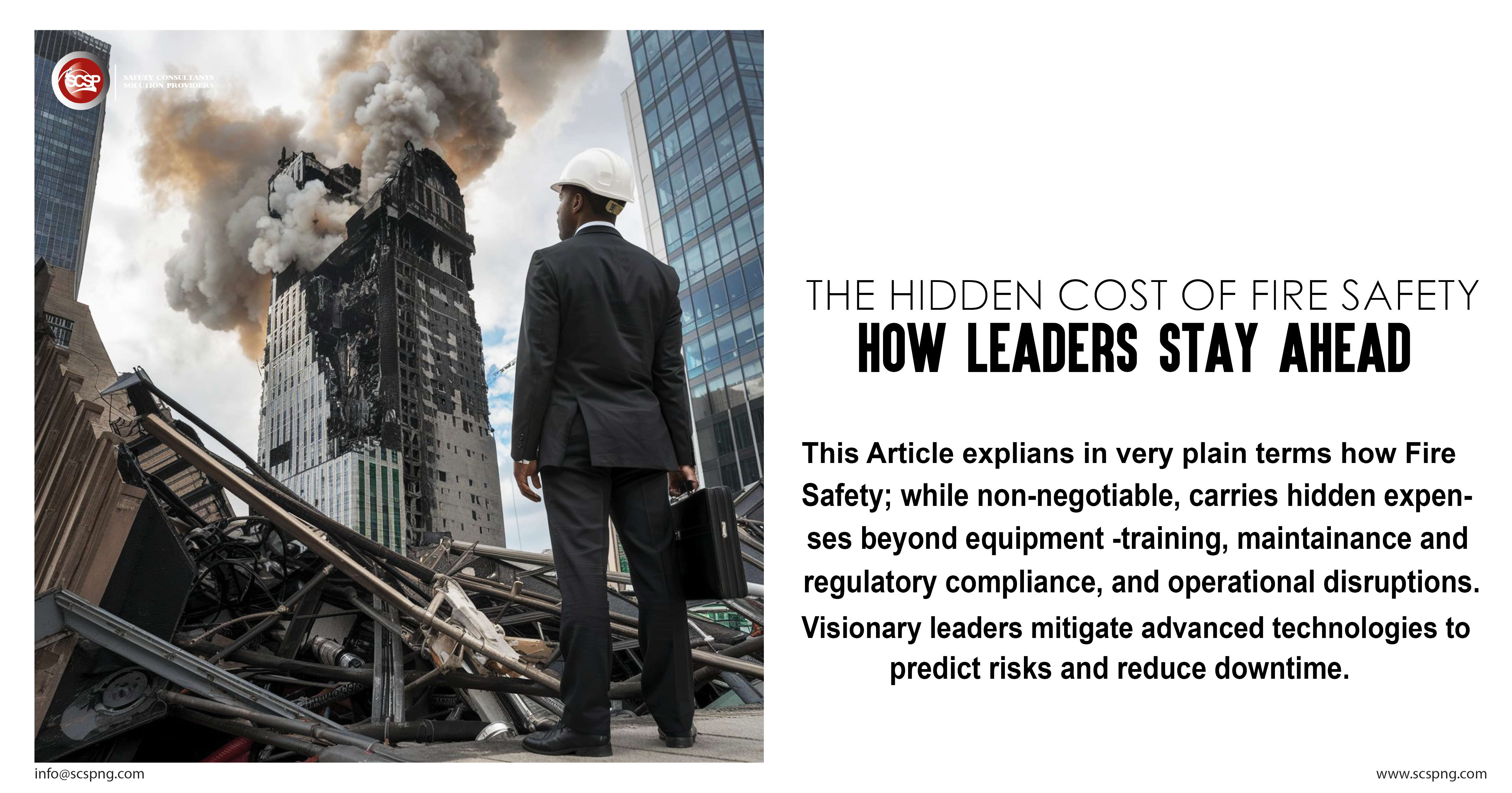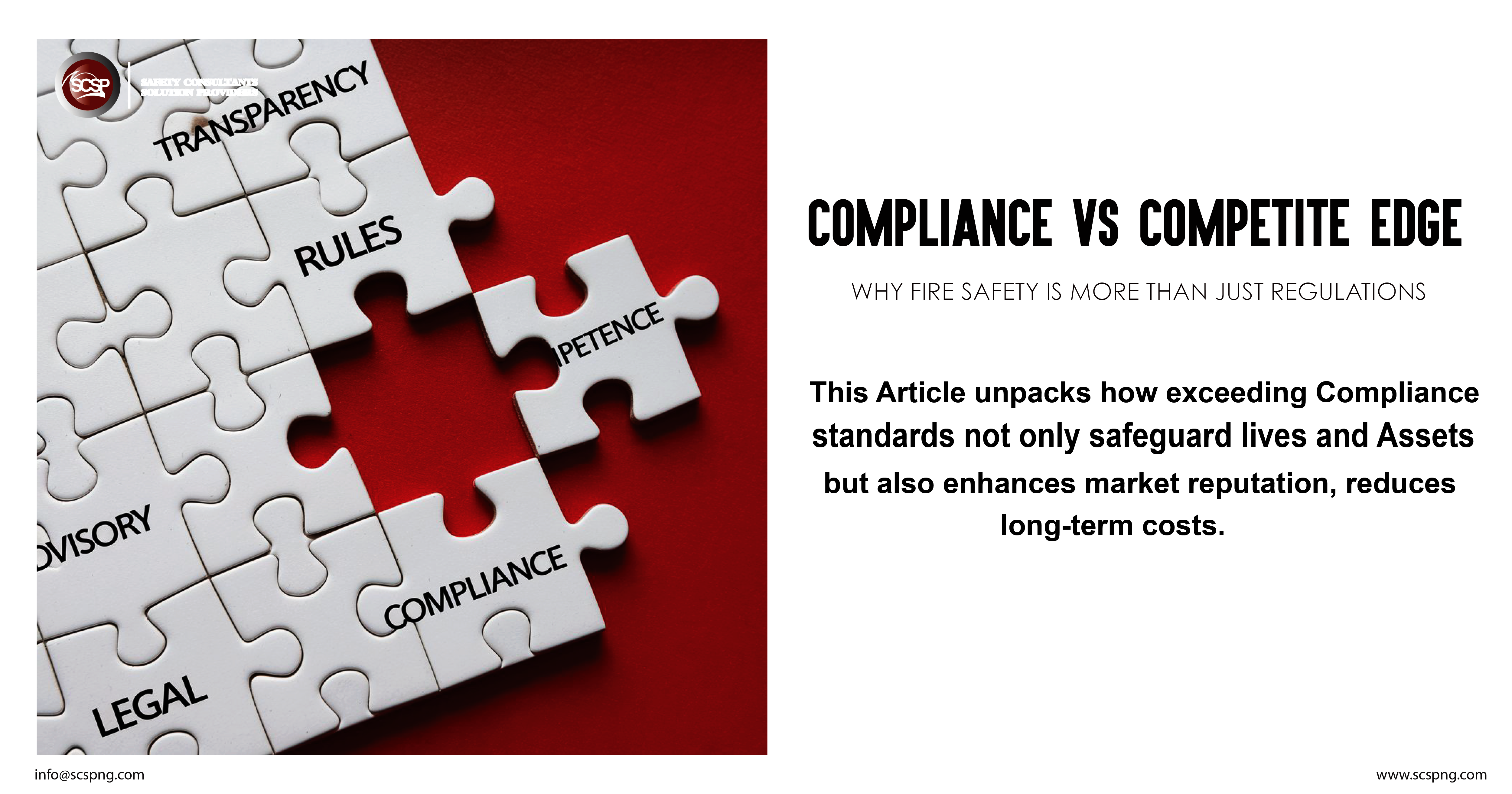
As the backbone of the country’s energy sector, refineries are responsible for processing vast quantities of crude oil into usable products. This complex process involves handling highly flammable and potentially explosive materials, making the risk of fire a constant and formidable threat. Implementing rigorous fire risk assessments is not just a regulatory requirement but a crucial component of operational excellence, ensuring the safety of personnel, the protection of valuable assets, and the uninterrupted flow of energy to the nation.
Fire risk assessments in refineries involve a detailed analysis of potential fire hazards, evaluation of existing safety measures, and the development of robust prevention and mitigation strategies. These assessments are conducted by highly skilled professionals who understand the intricate workings of refinery operations and the specific risks associated with them. By identifying vulnerabilities such as equipment malfunction, electrical faults, or improper storage of flammable materials, these experts can recommend targeted improvements to reduce the likelihood of fire incidents. This proactive approach is essential for maintaining a safe working environment and avoiding the catastrophic consequences of a refinery fire.
The benefits of fire risk assessments extend beyond immediate safety concerns. For Nigeria’s refining industry, which operates in a global market with stringent safety standards, maintaining a spotless safety record is imperative for sustaining investor confidence and securing international partnerships. Fire risk assessments demonstrate a commitment to high safety standards and regulatory compliance, positioning Nigerian refineries as reliable and responsible players on the world stage. This, in turn, attracts investment, fosters trust, and enhances the reputation of the Nigerian energy sector, driving economic growth and development.
Moreover, the financial implications of neglecting fire risk assessments are staggering. A single fire incident can result in massive financial losses due to equipment damage, operational downtime, legal liabilities, and potential
environmental cleanup costs. Insurance premiums for facilities that lack comprehensive fire safety measures are significantly higher, further straining financial resources. By investing in thorough fire risk assessments and implementing recommended safety enhancements, refineries can mitigate these risks, lower insurance costs, and ensure the long-term viability of their operations. In an industry where margins can be tight and competition fierce, the strategic advantage of robust fire risk management cannot be underestimated.
In conclusion, fire risk assessment is a critical pillar for safeguarding Nigeria’s refining industry against catastrophic events. It ensures the safety of workers, protects valuable assets, enhances international standing, and provides a strong return on investment. As the industry continues to evolve and expand, prioritizing fire risk assessments will be key to sustaining growth, fostering innovation, and securing Nigeria’s position as a leading energy producer.
Read more on fire risk assessments (FRA) and Fire and Explosion Risk Assessment at 1.0 ANALYSIS & ASSESSMENT









